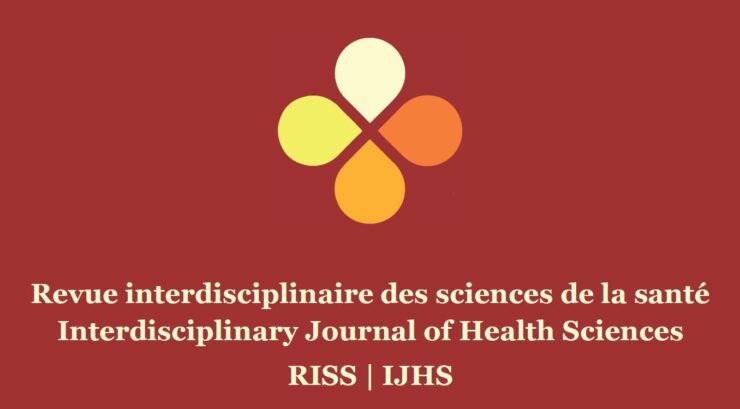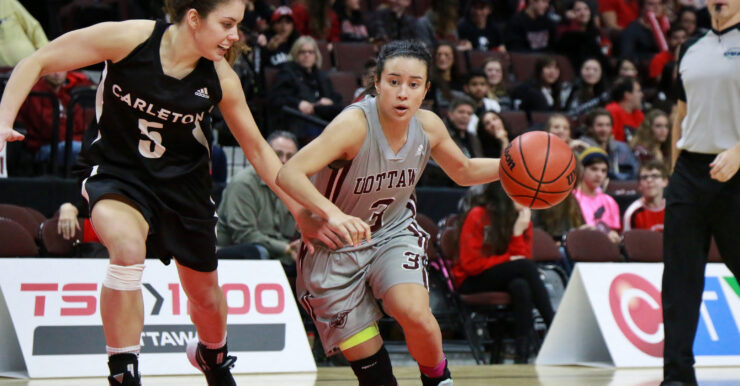Close to 90% confident in money-managing skills
Photo: Kim Wiens
Despite the highly publicized student debt crisis, Canadian students are feeling confident about where they stand.
A new survey by Tangerine, a Canadian bank and subsidiary of Scotiabank, found that Canadian students are already giving themselves top marks for their personal finance habits.
When asked to grade their overall ability to manage their finances, 36 per cent of 1,090 students surveyed from ten of Canada’s top universities gave themselves an A, while 46 per cent gave themselves a B. That means a whopping 82 per cent of students felt confident with their money management skills and knowledge.
“It’s encouraging to see that many young Canadians are working hard to save their money, invest in their future, and become financially independent,” said Silvio Stroescu, Managing Director of Deposits and Investments at Tangerine.
The University of Ottawa came in third place overall in terms of student confidence in their financial habits. When asked to grade their ability to manage their finances, 43 per cent of U of O students gave themselves an A and 46 per cent gave themselves a B, beating the national average.
Most Canadian students said they were funding at least part of their education themselves, according to the survey with 49 per cent using their own personal savings. Fifty-three per cent of students work while in school, while 30 per cent work full-time in the summer and move down to part-time when classes start.
Students at the U of O are also the most financially independent in Canada, with 42 percent saying they will fund their entire upcoming school year themselves.
According to the survey, a third of students reported that they saved as much as they possibly could for school, and 45 per cent reported that although they could have saved more, they had still saved a significant amount. Only 20 per cent said that they did not save enough or did not save anything at all.
“While it may be challenging to save money and go to school at the same time, good money habits will carry on long past graduation and help establish the discipline needed to stay on track no matter what phase of life you’re in,” said Stroescu.
This doesn’t mean that students don’t have debt. Sixty-four per cent of Canadian students surveyed are carrying student debt right now, though only 27 per cent of those students reported debt figures over $10,000.
According to Statistics Canada, half of bachelor’s graduates, 44 per cent of master’s graduates and 41 per cent of doctorate graduates needed student loans to complete their degree.
Recent bachelor’s and master’s graduates carry an average debt of just over $26,000 after graduation, while doctorate graduates carry an average of $41,100.
The issue of student debt has come to the forefront recently, as this year alone the government is writing off $300 million, either due to bankruptcy, severe financial hardship, or compromise settlement offers. As a result, the government has settled on more aggressive objectives for the collection of student debt going forward.
According to the Ottawa Citizen, new measures could include monthly collection letters and recouping income tax refunds. Some accounts could be referred to the Attorney General, possibly leading to garnished wages or seized assets.
Eighty per cent of students surveyed agreed that they would be willing to give up anything to graduate debt-free, even giving up beer for four whole years.





